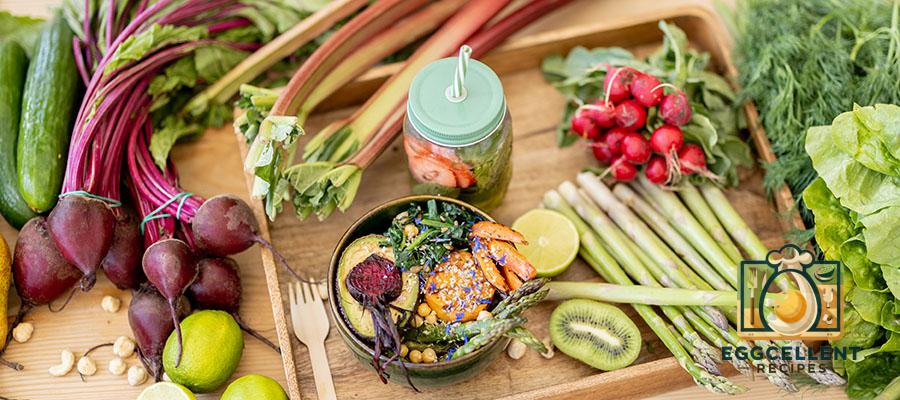
Eating clean is more than just a diet; it’s a lifestyle choice that promotes consuming whole, unprocessed foods for optimal health and well-being. This approach focuses on nourishing your body with nutrient-dense foods while minimizing the intake of processed and refined products. Here’s a comprehensive guide on how to eat clean, its benefits, and practical tips to help you get started.
What is Clean Eating?
Clean eating revolves around the concept of consuming foods in their most natural state. This means choosing whole foods like fruits, vegetables, lean proteins, whole grains, and healthy fats, while avoiding processed foods, added sugars, and artificial ingredients. The goal is to provide your body with the best possible nutrients to function effectively and maintain overall health.
Benefits of Clean Eating
- Improved Nutrition: By focusing on whole foods, you ensure your diet is rich in essential nutrients, vitamins, and minerals.
- Increased Energy Levels: Clean eating provides sustained energy throughout the day, reducing energy crashes linked to processed foods and sugars.
- Better Weight Management: Whole foods are generally lower in calories and higher in fiber, which helps control hunger and maintain a healthy weight.
- Enhanced Digestion: High-fiber foods like fruits, vegetables, and whole grains promote a healthy digestive system.
- Reduced Risk of Chronic Diseases: A diet rich in whole foods can lower the risk of heart disease, diabetes, and certain cancers.
- Improved Mental Health: Nutrient-dense foods support brain health, potentially reducing the risk of mental health disorders.
Tips for Eating Clean
- Choose Whole Foods: Focus on fruits, vegetables, whole grains, lean proteins, and healthy fats. These foods should form the basis of your diet.
- Read Labels: Avoid foods with long ingredient lists, especially those with ingredients you can’t pronounce. Look for whole foods with minimal ingredients.
- Cook at Home: Preparing your meals allows you to control the ingredients and avoid hidden additives. It also encourages mindful eating.
- Limit Processed Foods: Reduce intake of processed snacks, fast food, and ready-made meals. Opt for fresh, natural alternatives.
- Stay Hydrated: Drink plenty of water and avoid sugary drinks. Herbal teas and infused water can be good alternatives.
- Watch Out for Added Sugars: Be mindful of added sugars in foods like sauces, dressings, and snacks. Choose natural sweeteners like honey or maple syrup in moderation.
- Plan Your Meals: Planning your meals and snacks can help you stay on track and make healthier choices throughout the week.
- Practice Portion Control: Eating clean also means eating the right amount. Pay attention to portion sizes to avoid overeating.
- Mind Your Cooking Methods: Opt for grilling, steaming, baking, or sautéing over frying to preserve the nutrients in your food.
- Eat Seasonal and Local: Choosing seasonal and locally sourced produce can ensure fresher, more nutritious options.
Sample Clean Eating Meal Plan
Breakfast
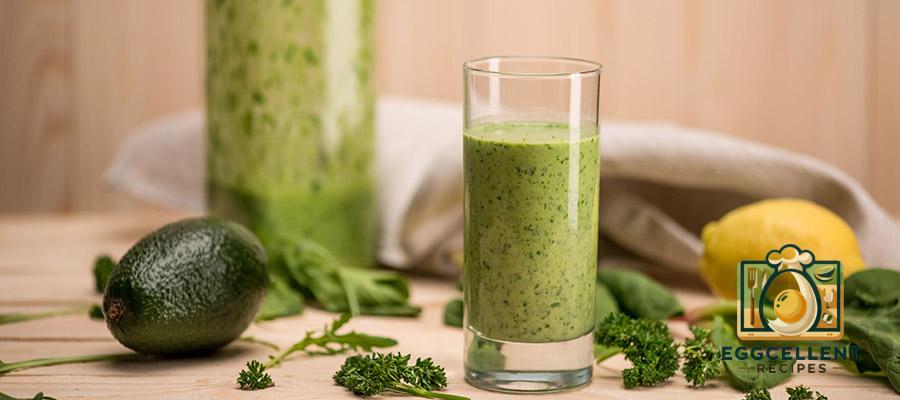
- Overnight Oats: Combine rolled oats, chia seeds, almond milk, and fresh berries. Let sit overnight and top with a drizzle of honey in the morning.
- Green Smoothie: Blend spinach, banana, almond milk, and a scoop of protein powder for a nutritious start to your day.
Lunch
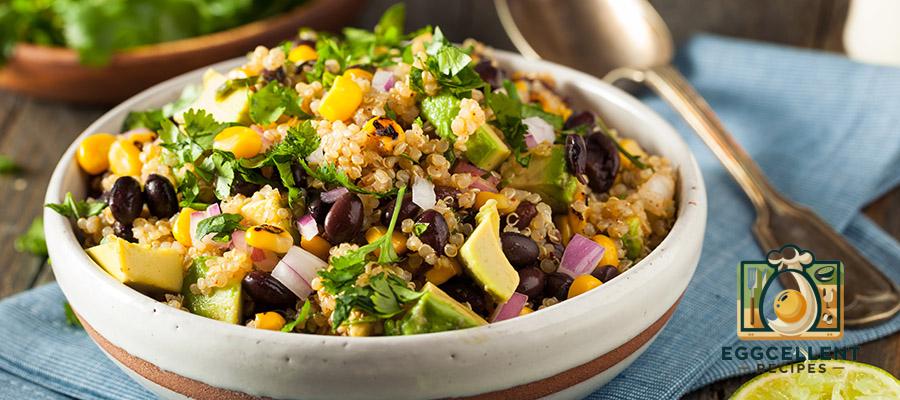
- Quinoa Salad: Toss cooked quinoa with cherry tomatoes, cucumber, avocado, and a lemon-tahini dressing.
- Grilled Chicken Wrap: Fill a whole-grain wrap with grilled chicken, mixed greens, hummus, and sliced bell peppers.
Dinner

- Baked Salmon with Asparagus: Season salmon with lemon juice, garlic, and herbs. Bake with a side of asparagus and a quinoa pilaf.
- Stir-Fry: Sauté a mix of your favorite vegetables with tofu or shrimp, and serve over brown rice or cauliflower rice.
Snacks
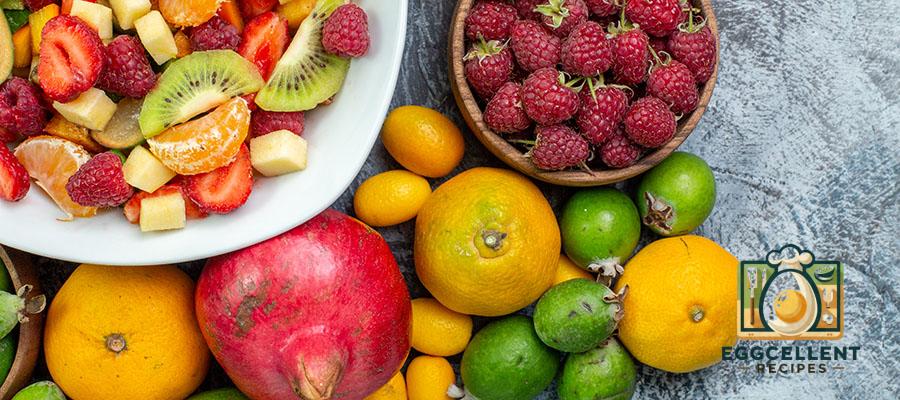
- Fresh Fruit: Apples, bananas, or a handful of berries.
- Nuts and Seeds: Almonds, walnuts, or chia pudding.
- Vegetable Sticks: Carrot and celery sticks with hummus.
Conclusion
Adopting a clean eating lifestyle is a powerful way to improve your overall health and well-being. By focusing on whole, unprocessed foods, you can provide your body with the essential nutrients it needs to thrive. Remember, clean eating is not about perfection but making more mindful and healthier choices. Start with small changes and gradually incorporate these tips into your daily routine for lasting benefits.



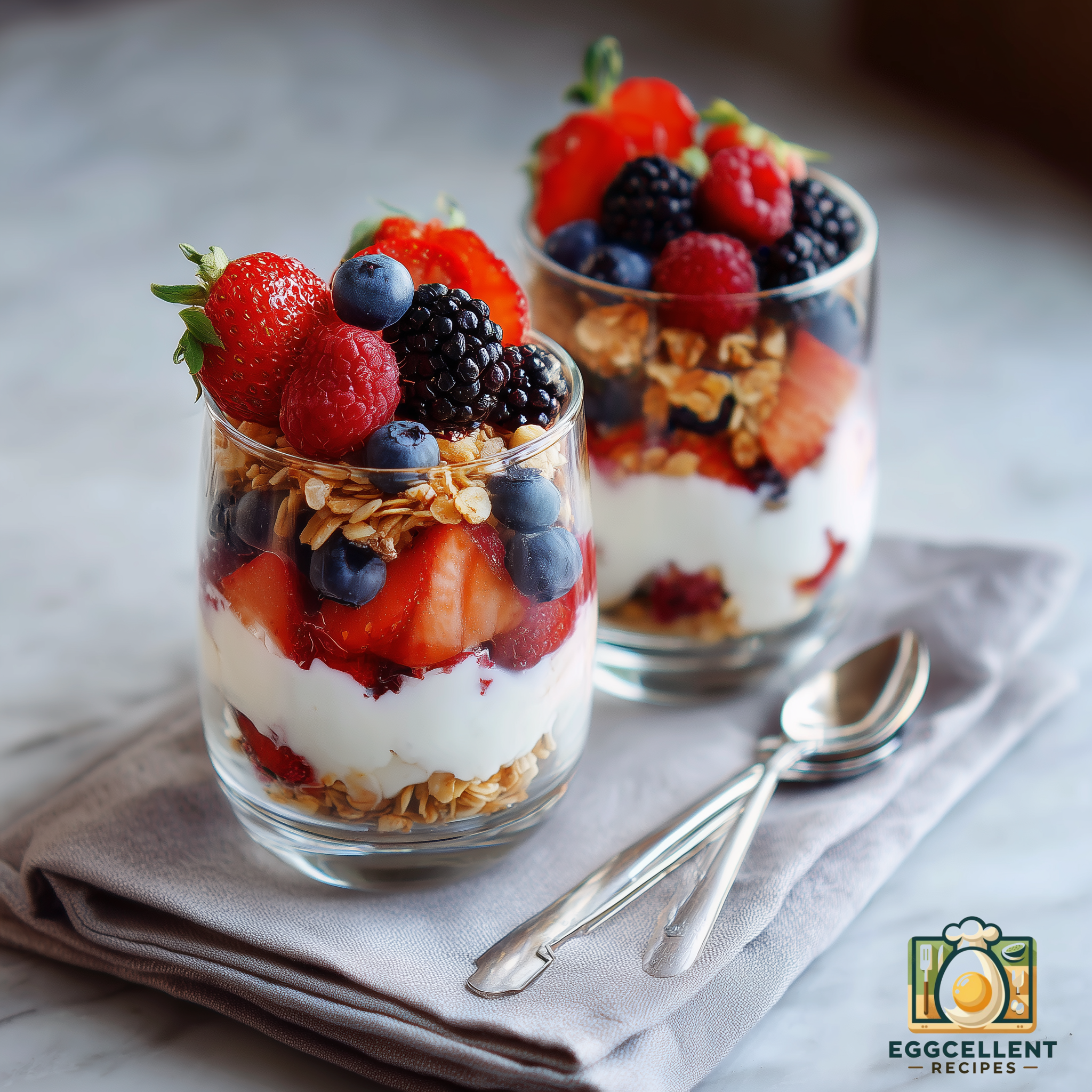
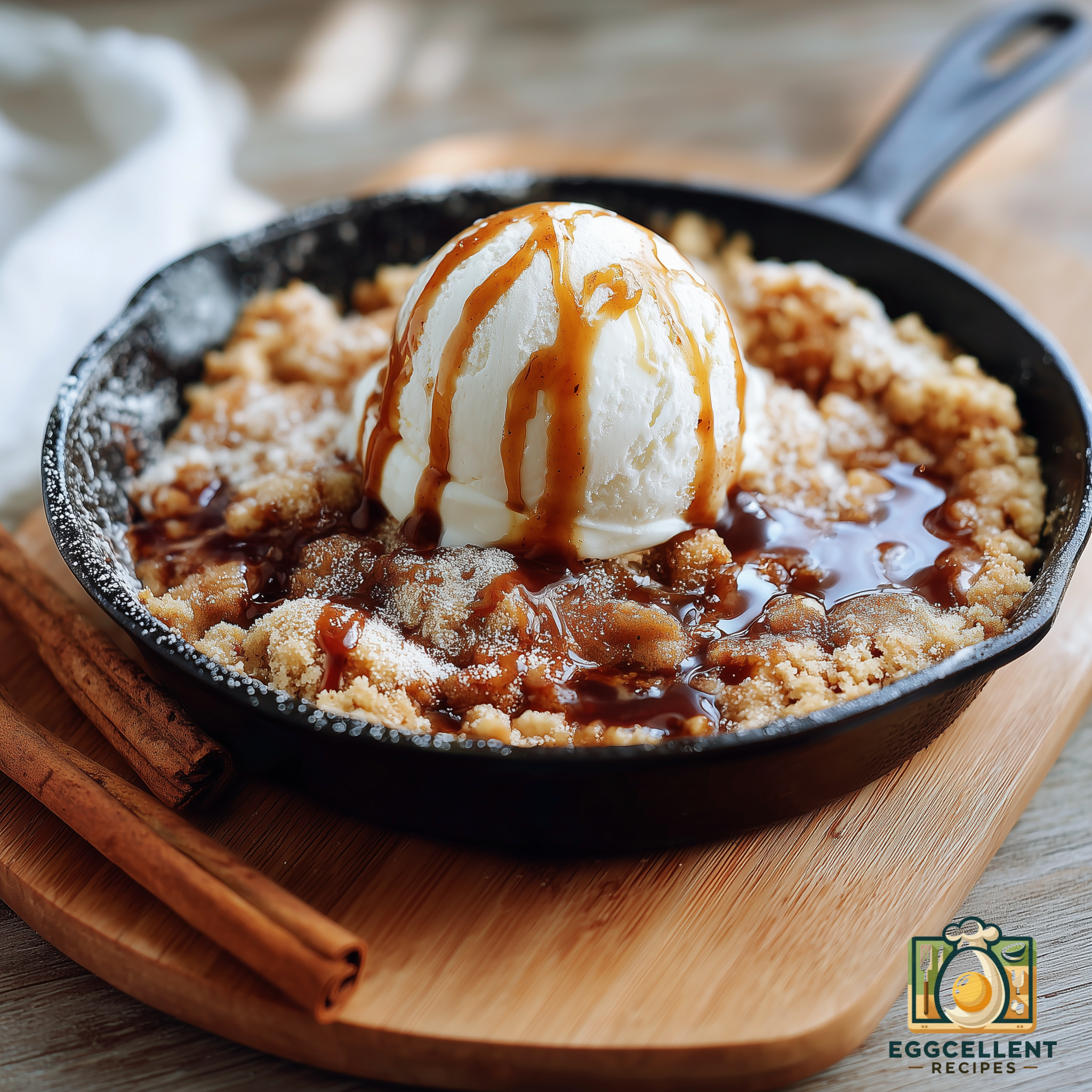
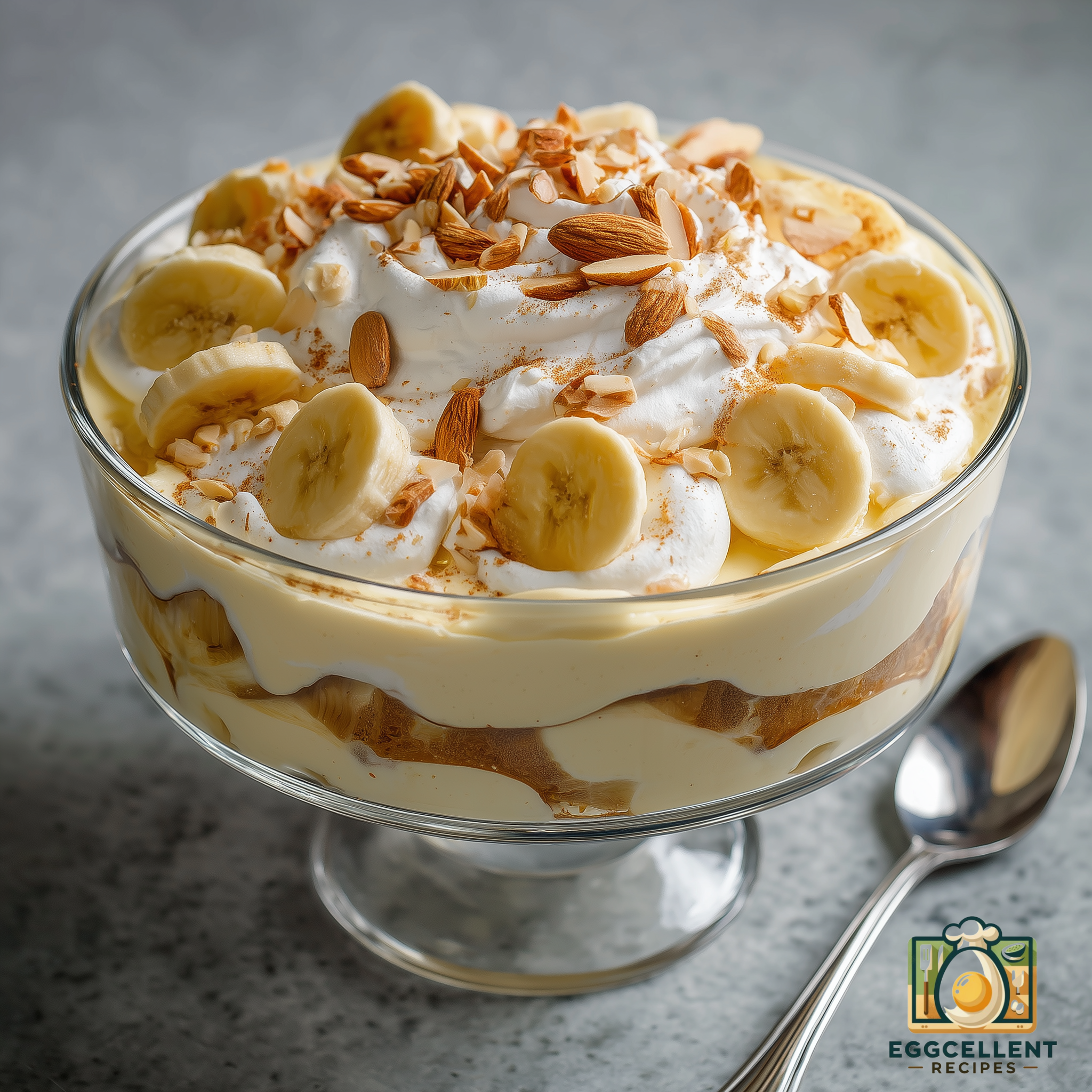

One Response